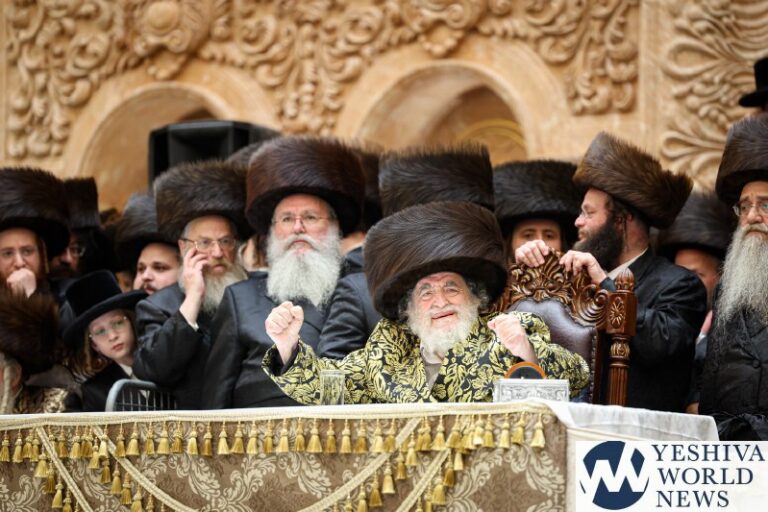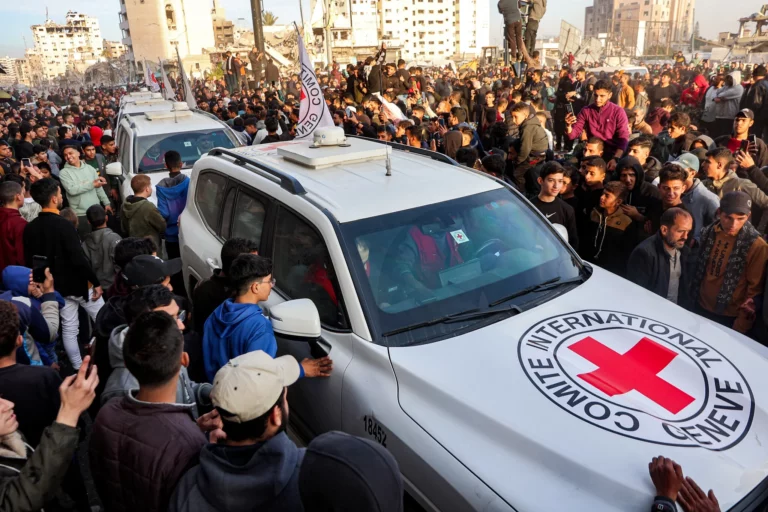The trial of 20 men accused in a series of coordinated attacks on Paris in 2015 that spread fear across Europe and transformed France opened Wednesday in a custom-built complex embedded within a 13th-century courthouse.
Nine Islamic State group gunmen and suicide bombers struck within minutes of one another at several locations around Paris on Nov. 13, 2015, leaving 130 people dead and hundreds wounded. It was the deadliest violence to strike France since World War II and among the worst terror attacks to hit the West.
The worst carnage was at the Bataclan concert hall, where three men, dressed in black and armed with assault rifles, gunned down scores of people and grabbed a handful of hostages. Others targeted the national soccer stadium, where the president was attending a game, as well as cafes filled with people on a mild autumn night.
The lone surviving attacker from that night, Salah Abdeslam, is the key defendant — but he has so far refused to speak to investigators, denying them answers to many of the remaining questions about the attacks and the people who planned them.
Abdeslam, whose brother was among the suicide bombers, appeared intent on provoking those assembled to see justice done Wednesday. Dressed all in black, mask included, he declared his profession to be “fighter for Islamic State” and later burst out with complaints about treatment in prison.
Abdeslam, who fled the night of the attacks after ditching his car and a malfunctioning suicide vest, is the only defendant charged with murder. The other defendants present face lesser terrorism charges.
The presiding judge, Jean-Louis Peries, acknowledged the extraordinary nature of the attacks — which changed security in Europe and France’s political landscape — and the trial to come. France only emerged from the state of emergency declared in the wake of the attacks in 2017, after incorporating many of the harshest measures into law.
“The events that we are about to decide are inscribed in their historic intensity as among the international and national events of this century,” he said.
Dominique Kielemoes, whose son bled to death at one of the cafes, said hearing victims’ testimonies at the trial will be crucial to both their own healing and that of the nation.
“The assassins, these terrorists, thought they were firing into the crowd, into a mass of people. But it wasn’t a mass — these were individuals who had a life, who loved, had hopes and expectations, and that we need to talk about at the trial. It’s important,” she said.
Of the 20 men charged, six will be tried in absentia. Abdeslam will be questioned multiple times — but it remains to be seen if he will break his silence beyond the sort of allegiance he offered Wednesday to Islamic State groups.
“We were expecting it, and we were prepared for it and in fact, we’re not expecting anything from him,” Kielemoes said after Abdeslam first appeared.
The same IS network that hit Paris went on to strike Brussels months later, killing another 32 people.
Authorities have gone to extraordinary lengths to ensure security at the trial, building an entirely new courtroom within the storied 13th-century Palais de Justice in Paris, where Marie Antoinette and Emile Zola faced trial, among others.
Survivors of the attacks as well as those who mourn their dead on Wednesday packed the complex’s rooms, which were designed to hold 1,800 plaintiffs and over 300 lawyers.
For the first time, victims can also have a secure audio link to listen from home if they want with a 30-minute delay.
The trial is scheduled to last nine months. The month of September will be dedicated to laying out the police and forensic evidence. October will be given over to victims’ testimony. From November to December, officials including then-French President François Hollande — who was at the Stade de France on the night of the assaults — will testify, as will relatives of the attackers.
In the wake of the attacks, France changed: Authorities immediately declared a state of emergency and now armed officers constantly patrol public spaces. The assaults sparked soul-searching among the French and Europeans more broadly since most of the perpetrators were born and raised in France or Belgium. And they transformed forever the lives of all those who suffered losses or bore witness to the violence.
“Our ability to be carefree is gone,” Kielemoes said. “The desire to go out, travel — all of that’s gone. Even if we still do a number of things, our appetite for life has disappeared.”
For Jean-Luc Wertenschlag, who lives above the cafe where his son died and who rushed downstairs soon after the first gunshots to try to save lives, it has even changed the way he moves around the city where he was born and raised. He never leaves home without the first aid gear he lacked that night, when he ripped off his shirt to stanch the bleeding of a victim.
“What we did that evening with other people, to provide assistance to the people wounded during the attack, was a way to stand against what these monsters had tried to do to us,” he said.
Among those scheduled to testify is Hollande, who in addition to being present at one of the scenes of attack gave the final order to police special forces to storm the Bataclan.
Hollande said Wednesday he would speak “not for the sake of French politics, but for the victims of the attacks.” He said he keenly felt the weight of responsibility that night and for the days and weeks after it.
“When the cameras are turned off, you go back to the solitude of the Elysée (presidential palace),” Hollande told told France-Info. “You ask what can I do? … Is what just happened going to change society?”
Wednesday’s hearing paused briefly after one of the defendants appeared to have a medical issue. When it resumed, Abdeslam burst out in fury.
“We should be treated like human beings. We’re not dogs,” he said, before being ordered to be silent.
None of the proceedings will be televised or rebroadcast to the public, but they will be recorded for archival purposes. Video recording has only been allowed for a handful of cases in France considered to be of historical value, including last year’s trial for the 2015 attacks against the Charlie Hebdo newspaper in Paris and a kosher supermarket.
(AP)












3 Responses
The lone surviving attacker from that night, Salah Abdeslam, is the key defendant — but he has so far refused to speak to investigators Water board him, and deny him sleep, food, drink, restroom, until he speaks & divulges all required information.
At first, I was bewildered as to why it takes 6 years to bring these terrorists to trial. Then I remembered that the few surviving planners of the 9/11 attacks against the WTC and Pentagon have still not been brought to trial at Guantanamo 20 years later.
What a load of nonsense! Stop worrying about the leftists, equal rights and all that bunch and put him in the hands of the “experts” who have ways of getting the truth out of these criminals. All the secret services employ such types.